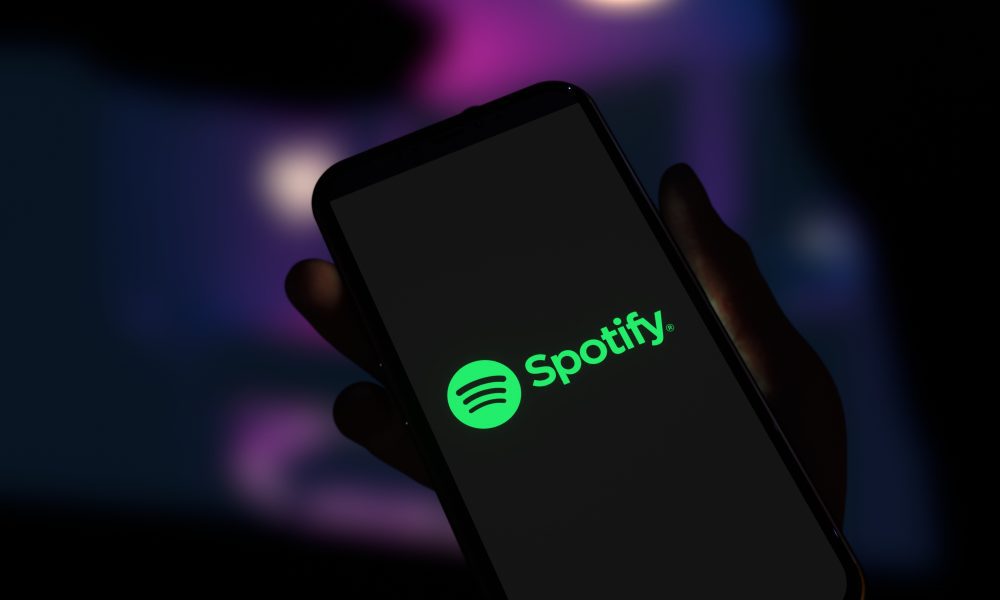BNR – The CEO of Spotify, Daniel Ek, has rejected allegations that users can exploit the platform to gain royalty.
JP Morgan claimed that Spotify subscribers could potentially earn up to $1,200 per month by streaming their songs 24/7.
This claim raised concerns that Spotify’s royalty payment structure could be exploited and manipulated.
However, Daniel Ek swiftly responded, asserting that this is not how the platform’s royalties operate.
The theory initially circulated through reports in the Financial Times. Moreover, it was shared on Twitter by Julian Klymochko, the founder of Accelerate, a Canadian-based investment firm.
In response, Ek humorously remarked, “If that were true, my own playlist would just be ‘Daniel’s 30-second Jam’ on repeat!”
He then clarified, “But seriously, that’s not quite how our royalty system works.”
Concerns Over Artificial and Fraudulent Streaming
The issue of artificial streaming, where devices continuously play chosen tracks on a loop, has sparked concerns within the music industry.
JP Morgan executives estimate that potentially 10% of all music streams may be fraudulent, as reported by the Financial Times.
Recently, the Swedish Newspaper Svenska Dagbladet uncovered a disturbing trend where criminal organisations allegedly exploited Spotify’s royalty system to launder money.
Spotify’s stance, as indicated on its website, outlines that it employs two tiers of royalties, with artists receiving monthly payments.
However, the amount artists receive can vary significantly, depending on factors like how their music is streamed and the agreements they have in place with labels or distributors.
Plans for More Royalty Margins
Universal Music Group and Deezer have recently unveiled plans to collaborate on a music streaming model to generate larger royalties.
This model rewards artists more substantially when users actively choose to listen to their music.
Such developments could potentially necessitate adjustments in the royalty structures of Spotify and other streaming platforms like Apple Music.
As the debate surrounding music streaming royalties and potential manipulation intensifies, the music industry is grappling with the need for a fair and transparent compensation system that benefits both artists and listeners.























































